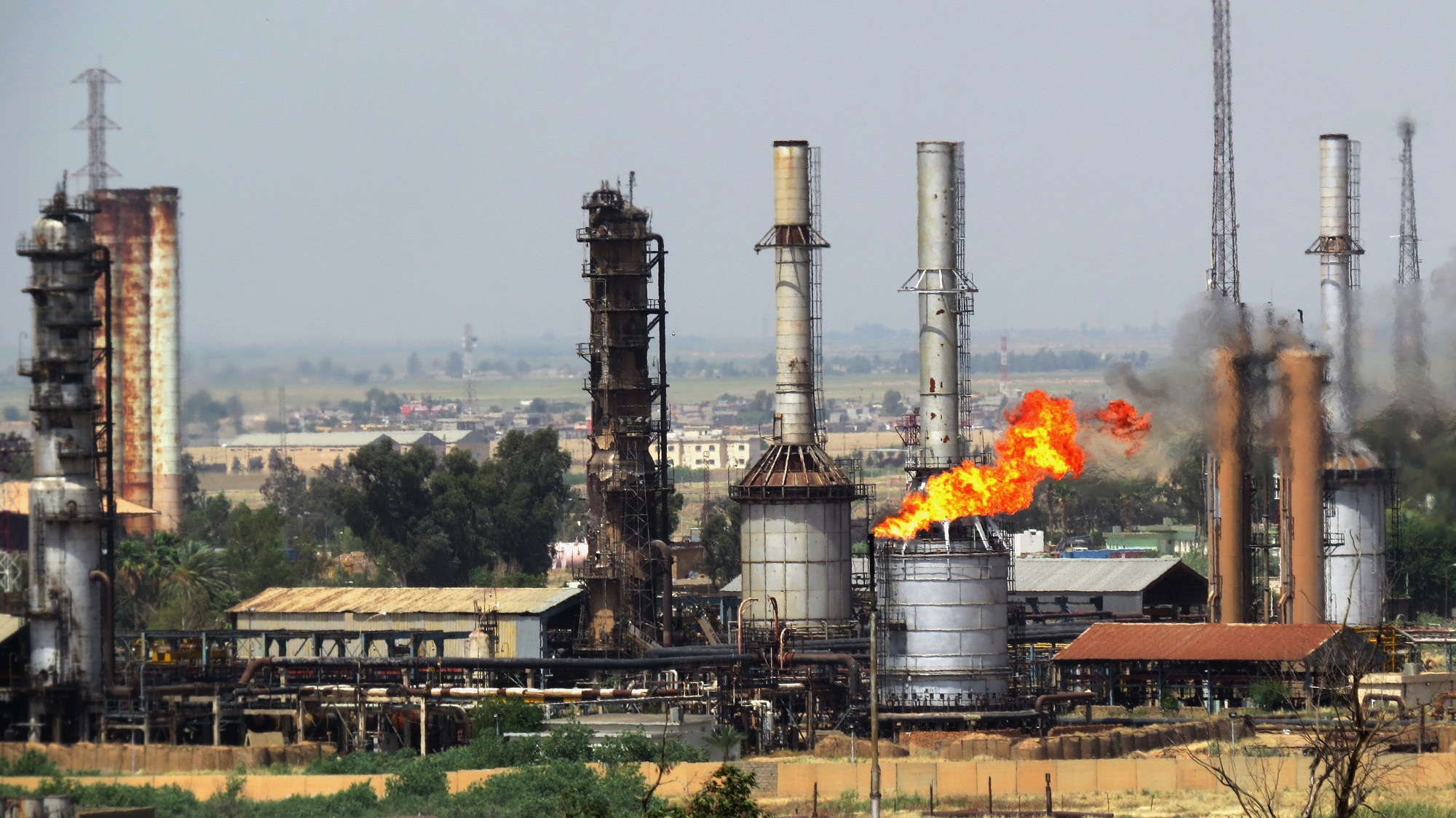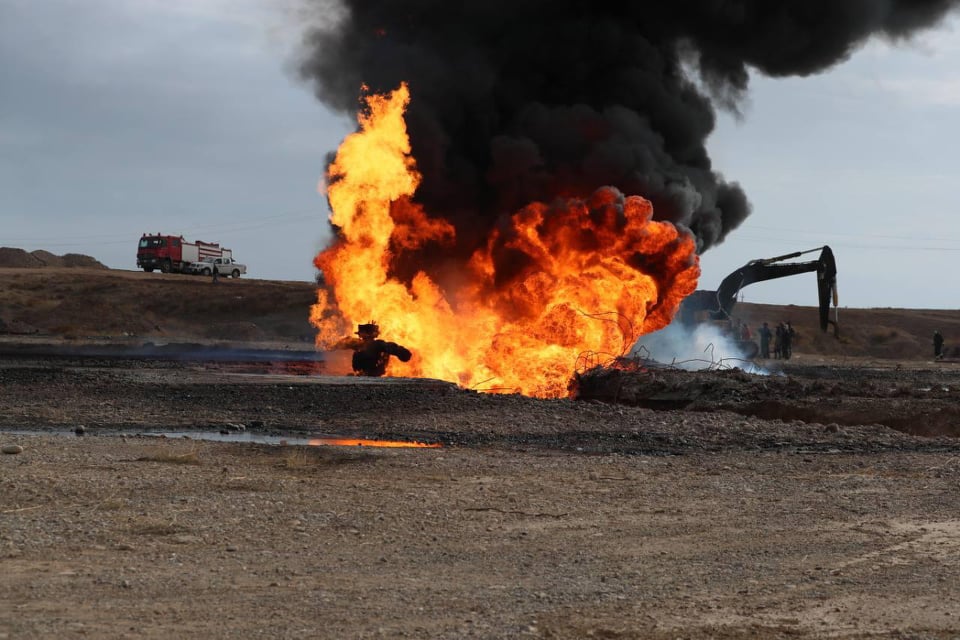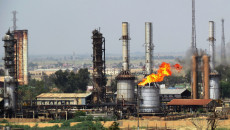The volume of crude oil exports from Kirkuk fields has sharply declined due to the increase in demand for it locally, amid fears of a decrease in the level of production in the main fields of the province, an informed source in the state-run North Oil Company told KirkukNow
The source, who requested anonymity because he was not authorized to speak to the media, has affirmed that Kirkuk’s oil exports last August decreased by 53% compared to the previous months.
According to the statistics of the Iraqi Ministry of Oil and the State Oil Marketing Organization SOMO for the month of August 2022, the quantities exported from the Kirkuk fields through the Turkish port of Ceyhan has dropped to 1.1 million barrels of crude, earning more than $100 million compared to 2.35 million barrels in June for 240 million USD.
The source pointed out that "the level of production has not decreased, as the daily production capacity is 350,000 barrel per day bpd but the export has declined because not all of the produced quantities are exported abroad, as “a large part of it is used for local consumption."
He explained that "the bulk of Kirkuk's oil is currently sent to the refineries and stations of Baiji, Qaiwan, Kar, Gayara and Salah al-Din, for the purpose of extracting other oil derivatives and power generation."
"After Kirkuk's oil exports were up to 80,000 bpd, currently they now do not exceed 45,000 barrels," according to the anonymous source.
Kirkuk hit peak of its production in February 2021 when it has pumped 3,8 million barrels for $213M, the highest production capacity in 2021 while the lowest was in November when it has dropped to two million barrels only with 150 million USD revenues.
There are five main crude oil producing fields in Kirkuk province; Avana, Bay Hassan, Baba Dome, Jambur and Khabaza, under the control of the Iraqi government's Northern Oil Company.
Kirkuk, Iraq’s second largest reserves, located 238 kilometers north of Baghdad, is an ethnically mixed province for 1,7 million Kurds, Arabs, and Turkmens. It has long been at the center of disputed territories between Baghdad and the Erbil.

The source confirmed the existence of risks threatening the oil fields in Kirkuk Governorate.
"If the oil pipelines are not replaced and advanced technology and equipment are not used, and in the event that the sites from which oil is extracted are not refilled to limit the formation of underground cavities, the level of crude oil production will decline and thus exports will decline dramatically.”
This comes at a time when the Iraqi Oil Ministry announced in May its plans to raise the production capacity of crude oil in the Kirkuk fields to about one million bpd and boosting exports to 200,000 bpd.
But the source stressed that "the oil fields in Kirkuk, such as Khabaza, Jambour and Bay Hassan, need to be developed, otherwise they will be exposed to greater damage and as a result, natural gas will not be benefited."
From July 2017 until the first months of 2019, Kirkuk oil exports stopped due to the worsening relations between the Iraqi federal government and the Kurdistan Regional Government KRG due to the independence referendum, as the Iraqi government forced the Kurdish forces to withdraw from Kirkuk and the disputed territories.
Crude oil exports from Kirkuk fields through pipelines reached more than 35 million barrels in 2021, while in 2020 and 2019 they amounted to 33 million barrels.
Iraq’s crude oil exports last August hit almost 102 million barrels in August 2022, earning $9.8 billion American Dollars, as a barrel was traded for USD96.
An Iraqi official said output and exports were unaffected by violent clashes that were largely contained to the capital Baghdad across last week.
The exports of crude oil in March have passed 100 million barrels, the highest in the last five decades, generating over $11 billion, according to SOMO.
OPEC's second-largest oil producer aims to raise operational export capacity in Basra to 3.45 million barrels per day (bpd) from 3.3 million bpd.
The delay to its original plan stems from a lag in obtaining necessary approvals and in finalising tenders for the upgrade work, an Iraqi oil representative told Reuters in June.
The oil reserves of Iraq, OPEC's second-largest oil producer, are considered the world's fifth-largest with 140 billion barrels, the sole source of income for the country.






